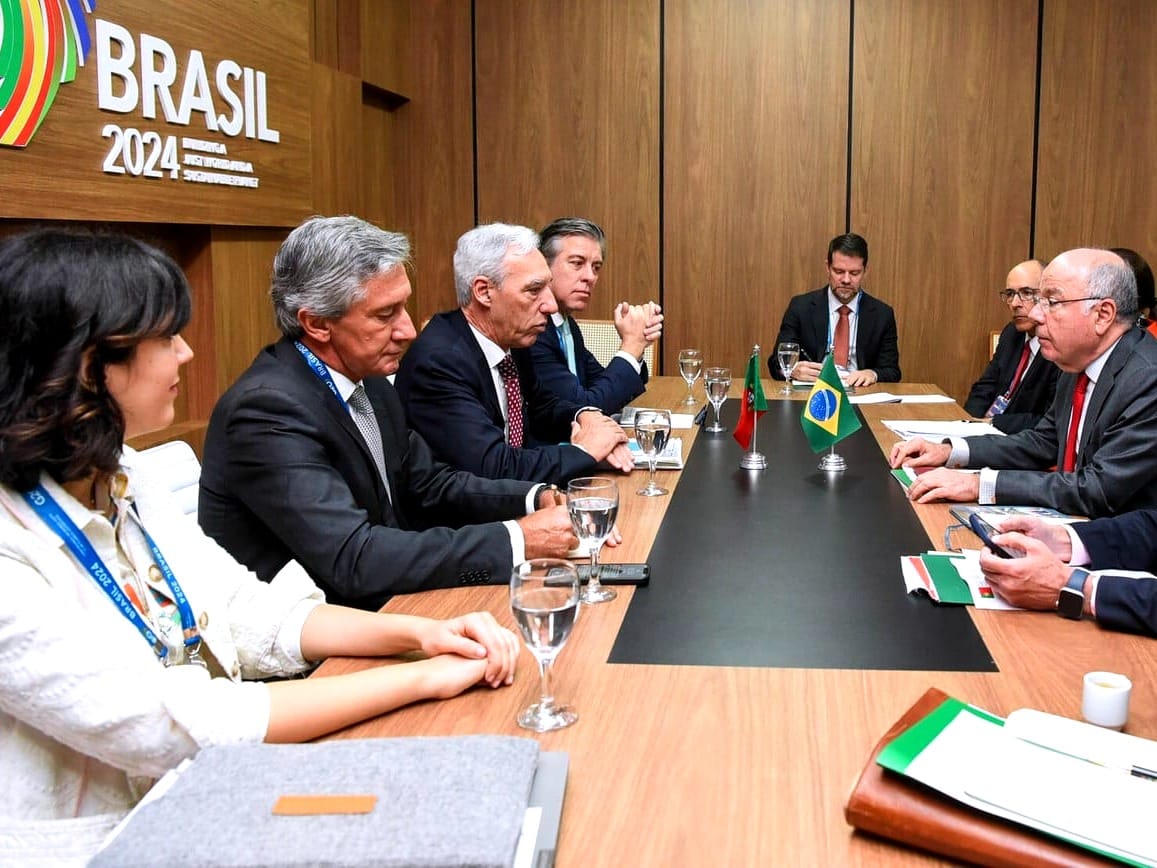Over two days of meetings, foreign ministers of the Group of 20 major economies focused on the shortcomings of international organizations – notably their failure to prevent conflicts – and how to improve them.
Brazil’s Foreign Minister Mauro Vieira on Wednesday promised to use his nation's G-20 presidency over the coming year to seek more drastic reforms of the United Nations and other multilateral institutions.









